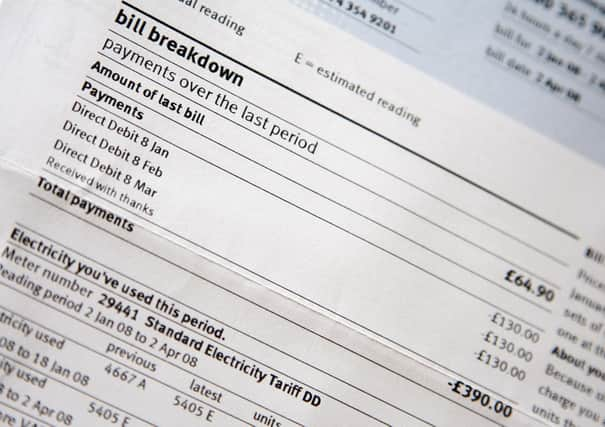Don't Pay protest: All you need to know about the energy bill cost of living campaign


With the cost of living and energy bills continuing to push households to reevaluate their financial position, one group is looking to push against the additional costs of energy across the UK.
The group Don’t Pay UK are calling for bill payers across the country to cancel their direct debits from October 1 in order to stand against the potential impacts rising bills could have on communities.
Advertisement
Hide AdAdvertisement
Hide AdHow many people does the Don’t Pay UK campaign group want to sign up?
The group, which began the campaign in June, are hoping to gather one million people willing to cancel their direct debits if the Government goes ahead with a proposed rise in costs on October 1.
The movement’s website claims: “Even if a fraction of those of us who are paying by direct debit stop our payments, it will be enough to put energy companies in serious trouble.”
October 1 is when the newest energy price cap from regulator Ofgem is set to come into place.
How many people have signed up to the Don’t Pay protest?
Advertisement
Hide AdAdvertisement
Hide AdAt the moment it is unknown how many people will take part in the October protest, although the organisers have set up a funding portal.
Over 750 donations totalling nearly £10,000 have already been made.
What are energy price caps?
Introduced in 2019, price caps are used to ensure households are unable to be exploited by energy companies. It limits what households pay for each unit of gas and electricity.
Ofgem have recently announced changes to the system on how caps work. This will mean changes could occur every three months starting in October rather than the current six month period.
When will the next energy price cap be announced?
Advertisement
Hide AdAdvertisement
Hide AdThe revision of the UK energy price cap will be announced on Friday, August 26 and will be introduced on October 1.
Have energy bill protests happened in the past?
The group claim to be inspired by movements in the 1980s which saw households across the country stand against the Poll Tax of Margaret Thatcher’s Government.
At the time, there was so much resistance to the tax that the Government was unable to successfully implement the policy.
